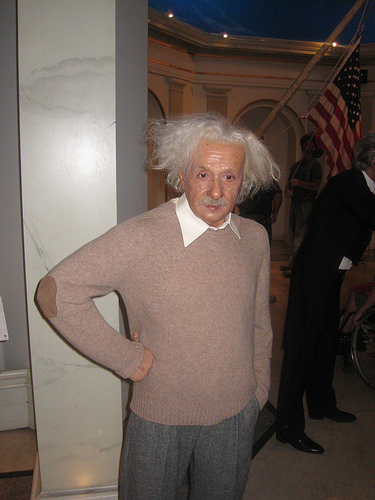
Like everyone else, I’ve had all sorts of dreams. Most are about ordinary, everyday things – sometimes I’m back at school, or hanging out with people I’ve never met, or getting hundred-thousand-dollar book deals. Other times, I’ll be hiding behind a tree watching people get vaporized by space aliens. I guess it depends on my mood. The funny thing about dreams, though, is that while everyone has them all the time, we still don’t understand them very well. They’re an enigma, and that doesn’t even include the wonder that is lucid dreaming. Luckily, a team of scientists led by Francesca Siclari at the University of Wisconsin-Madison have just published some interesting research that might reveal why dreams happen, and when. Life Could Be A Dream They’ve […] Read More





